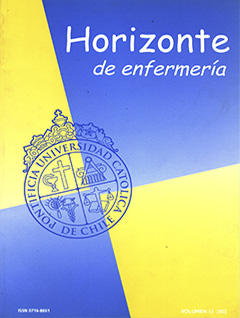USO DE PIEL DE CORDERO EN RECIÉN NACIDOS
Contenido principal del artículo
Resumen
Se realizó un estudio para determinar las ventajas, beneficios y/o complicaciones del uso de la piel de cordero en los recién nacidos prematuros acostados sobre ella y determinar su frecuencia de cambio. La literatura muestra que los recién nacidos acostados sobre piel de cordero reducen el estrés, favorecen su termorregulación y la ganancia de peso. Se han usado en pacientes geriátricos o postrados los que constituyen grupos de riesgo en desarrollar úlceras por presión empleándolas para su prevención y/o para su recuperación. Se realizó un estudio prospectivo en recién nacidos con peso de nacimiento entre 1.000 y 1.750 gramos que se asignaron en forma aleatoria a grupo A (piel de cordero natural estéril) y a grupo B (sábana de algodón limpia no estéril) donde se midieron las variables: peso diario, control de temperatura, evaluación de los movimientos en reposo y toma de cultivos de la superficie de la piel de cordero y sábanas. La recolección de datos se llevó a cabo en un instrumento construido para este efecto con un instructivo de uso. La presentación de los datos se realizó a través de un análisis descriptivo. Se pudo concluir que en el grupo A (recién nacidos acostados sobre piel de cordero), la ganancia ponderal fue mayor; hubo mejor termorregulación; los movimientos fueron más suaves y en menor cuantía y no se presentaron lesiones cutáneas.
